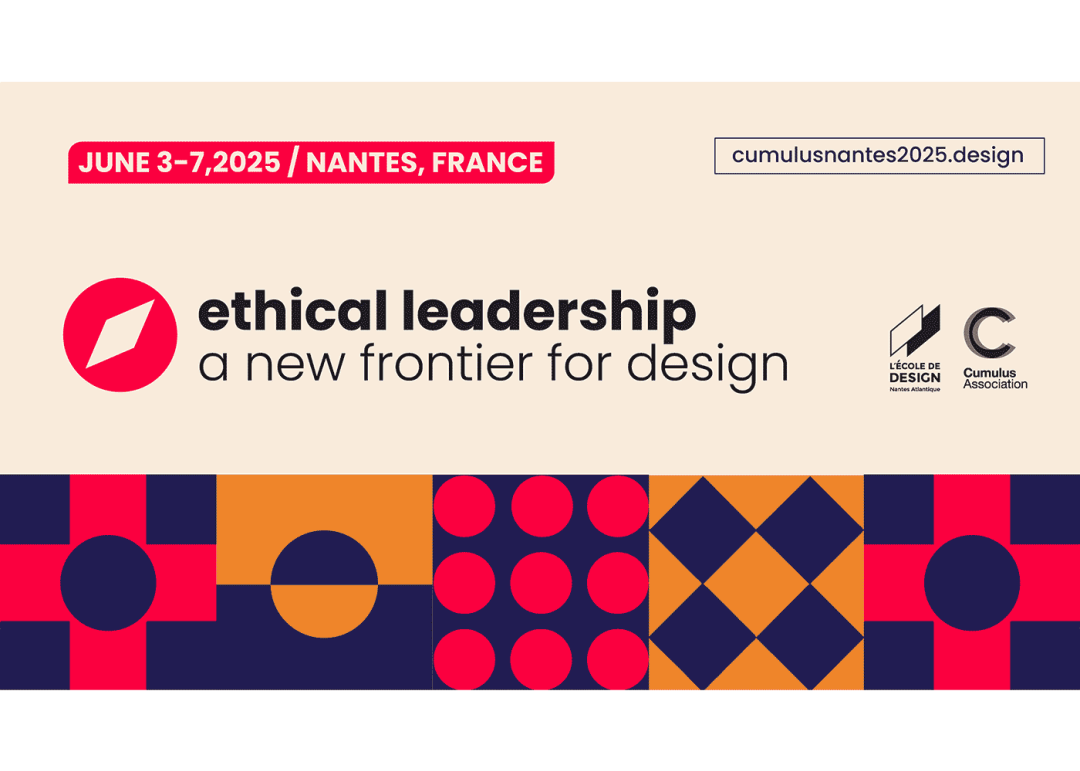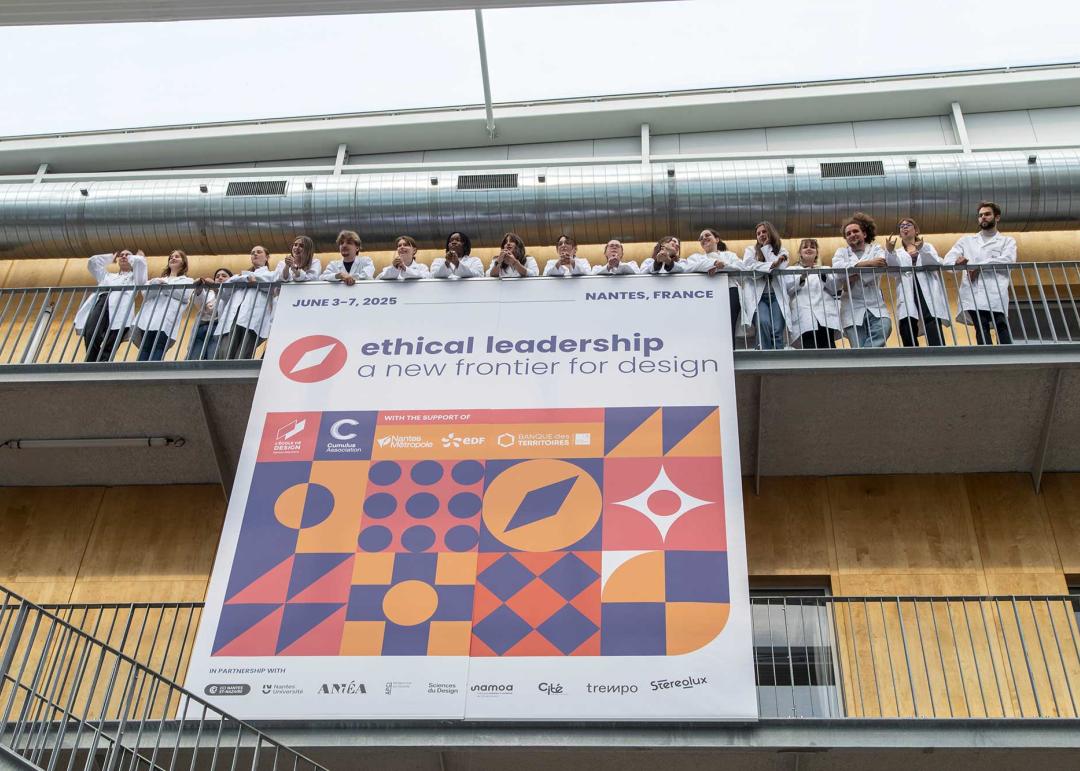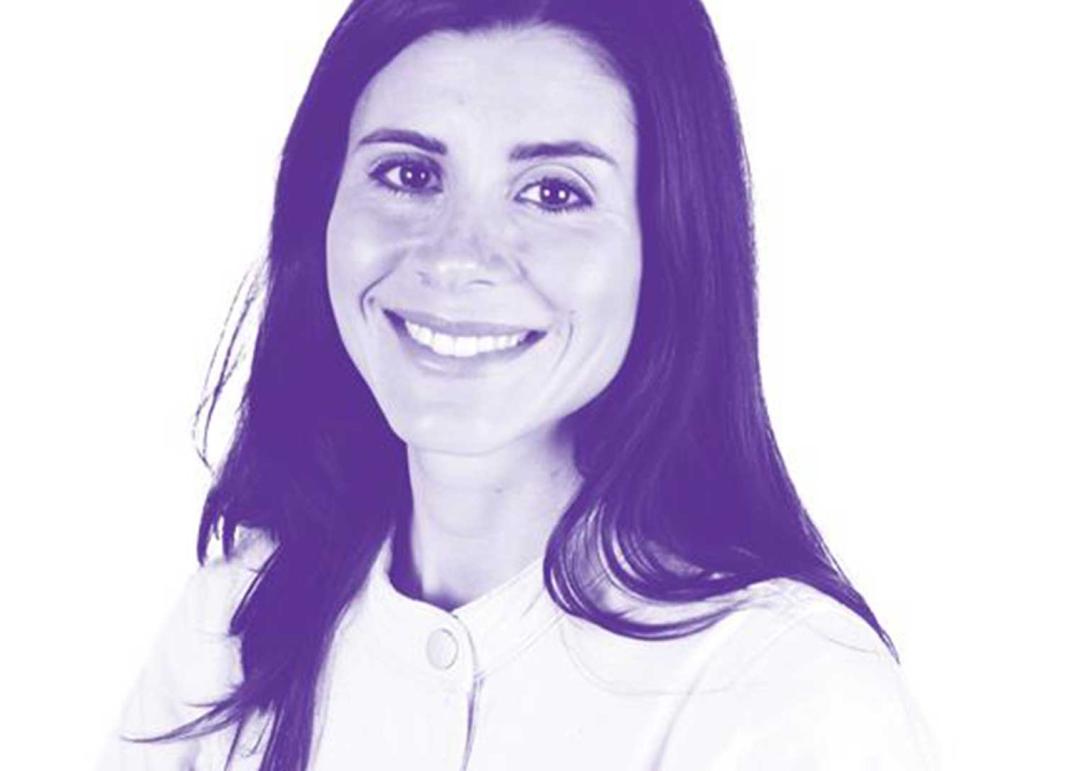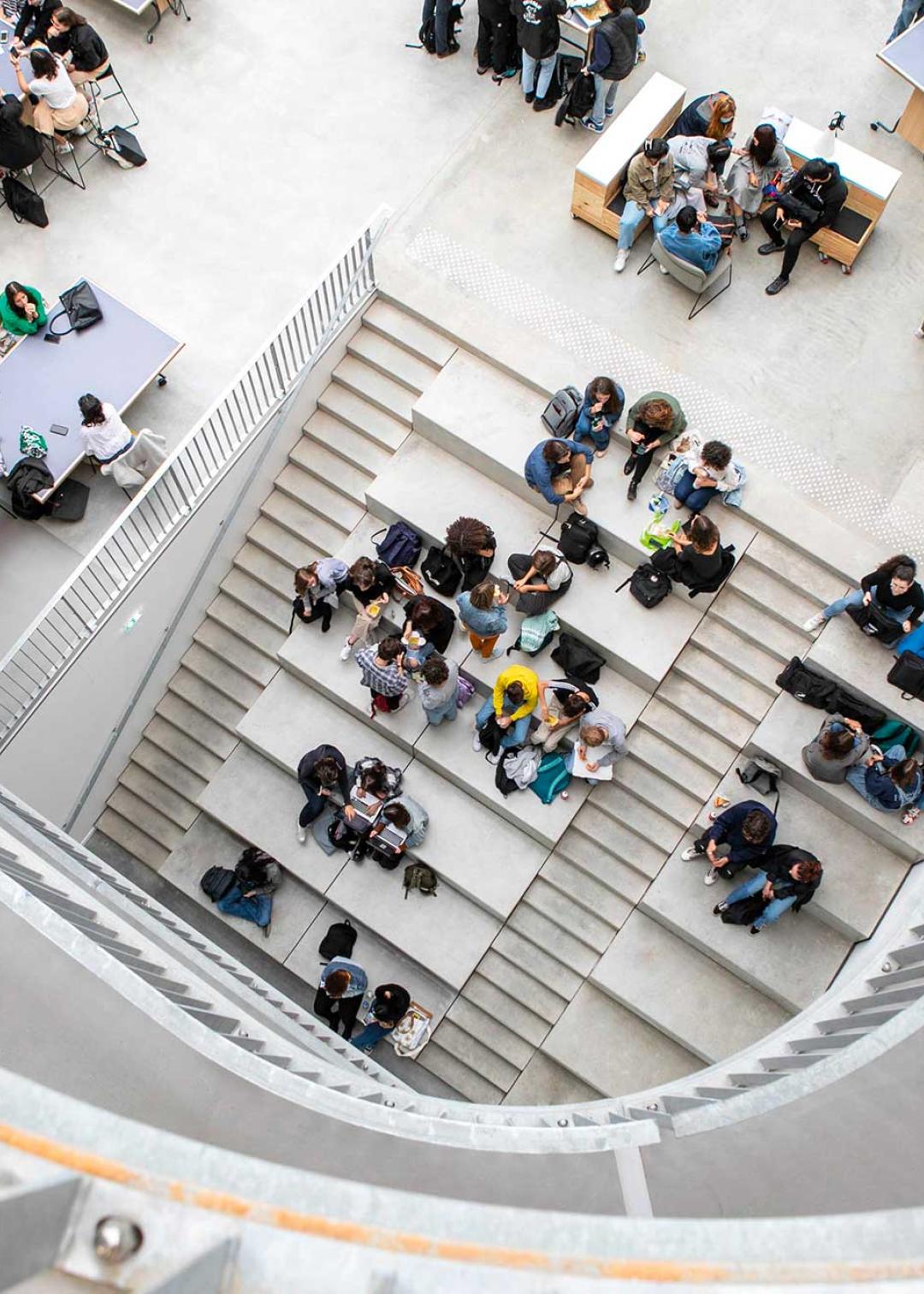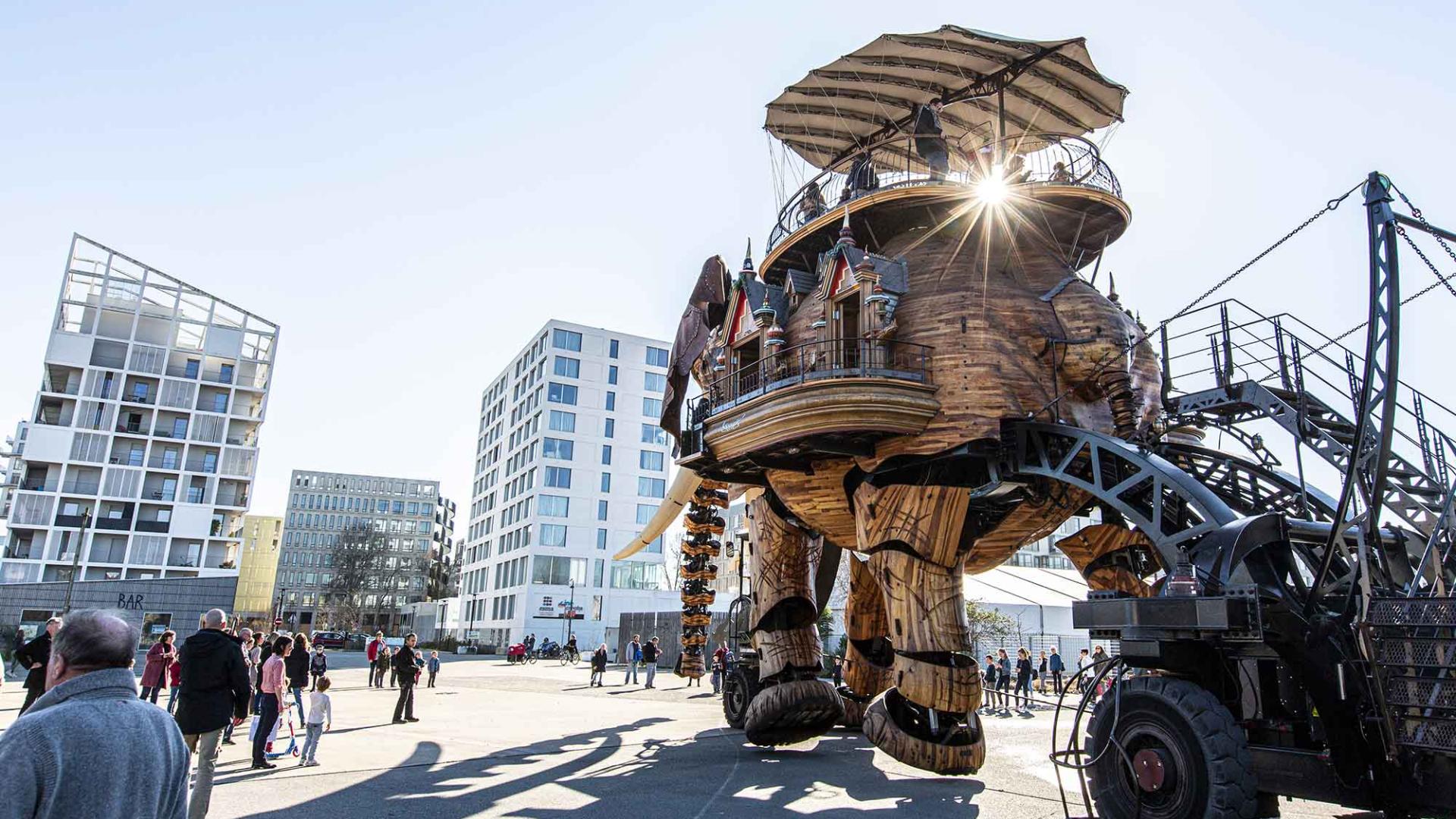International Design: discover our Master's program in France!
Discover our Master's program in international design in France
Simon Lozac'h is in charge of the 'International Design Strategy' master's program in Nantes, at Le Studio France. This program welcomes international students and is dedicated to train global designers able of confronting their design practice in an intercultural context.
Why do a Master's program at L'École de design Nantes Atlantique?
The added value of this 'International Design Strategy' Master's program in Nantes is the opportunity for students to participate in larger projects and delve deeper into the complexities of designing for a partner who, most of the time, is a real company, a partner we work with.
In addition, they are also able to discover what it's like to manage a team, especially in Studio France, made up of people from different cultures and backgrounds.
The added value would be the complexity of the project or the people you work with, the deepening of networks, the opportunity to work with international partners and companies.
The Master's program theme is interculturality: how to enrich yourself with the vision of the other person you're working with, or that of your client, and how to express it in the field of your specialty, primarily for undergraduates?
So, if you're a product designer, how are you going to work with someone who works in space design or transportation design, information design? And then, of course, the culture. What kind of hybridization could we discover to create new models or a new way of approaching a design project?
What's the point of being a global designer?
It's not about choosing a specialty or being a generalist. It's more complex than that. You learn a methodology. It helps you adapt to any kind of problem. Most of the time, as a designer, you're solving someone else's problem. So it's about adapting and exploring different ways of approaching a problem, finding solutions and formulating them is always a good way forward for a designer.
What kind of projects are you working on?
In addition to projects in partnership with companies and students' final year projects, we offer, for instance, a creativity seminar in which we explore the tools of design fiction. We place ourselves in a future of 50 or 100 years, and then we try to describe what the life of a designer or a user would be like at that time.
For our students, it's a chance to use the workshops in a very free and creative way, without the constraint of what's real or what should work or not. Surprisingly, they're doing things that really relate to the field.
News

